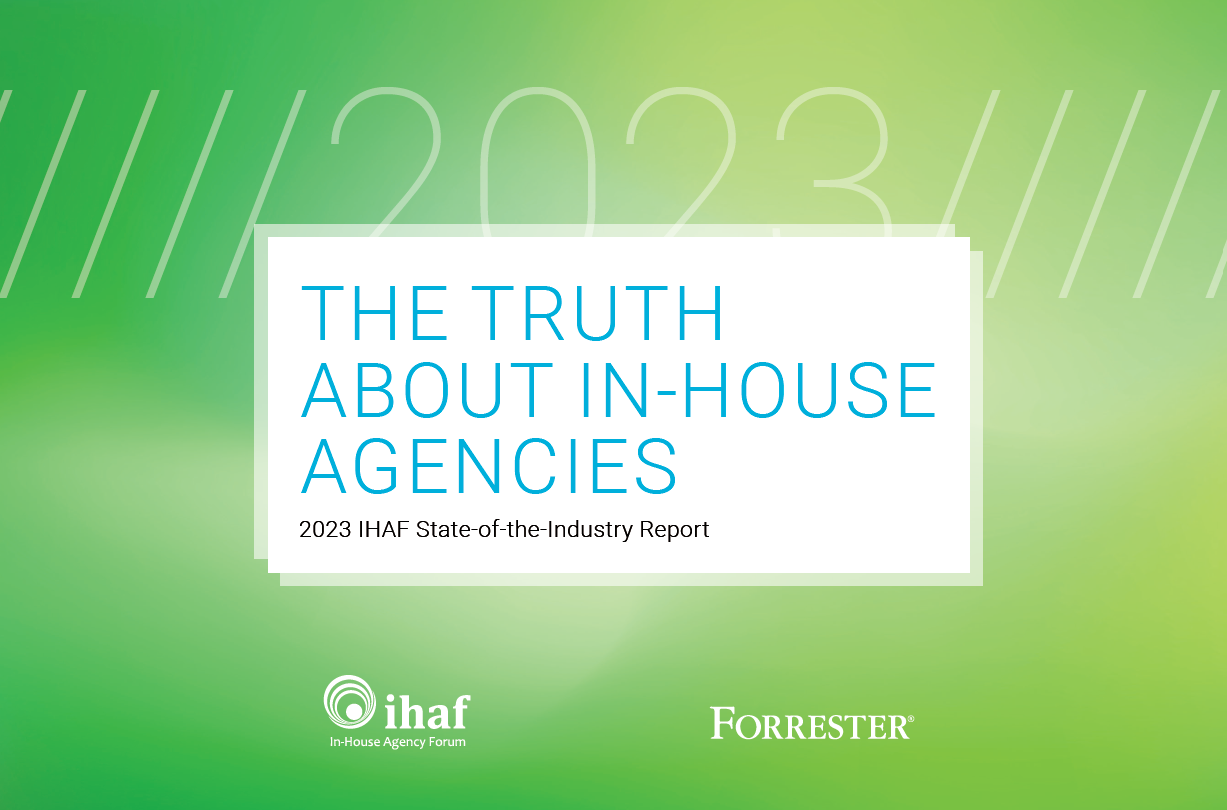Don’t Do It Alone

Leading up to the IHAF Conference in November, I trust that all of us are aware of the profundity of attending an event entitled “Game Changers” on the two days immediately following what may well be the most game-changing election in our nation’s history. As one of the keynote presenters, it most certainly isn’t lost on me! And as I prepare my talk on dealing with change entitled “Ready or Not,” I am struck by the thought that most of us will be reacting in one way or another from the outcome of that weighty event.
What a perfect place to be! Teachers pray for the day when their students are open and ready to learn—and speakers rarely have the opportunity to present something that is, in every dimension, relevant to a whole audience. But that is what we may have here.
How we prepare for change and deal with unexpected change are the same, yet entirely different. I am not been purposely vague with that statement. Knowing that everything is perpetually changing gives us certain clues as to how to prepare and, while we can practice those skills prior to the “big one,” their use and utility will likely appear completely different inside of a crisis.
One of the greatest skills to buffer the impact of significant change is being in relationship with others. By that I do not mean the kind of relatedness we experience as members of a work team or leaders of a department. I mean deep, intimate personal relationships. The number one antidote to both stress and crises is relationship.
Immediately following the explosions at the Boston Marathon finish line a few year ago, the pastor of Trinity Church, just yards down the road, summoned people to come into the sanctuary—not for protection or prayer, but to be in support of and relationship with others.
Our gut reaction to crisis is often to hunker down and hide—oftentimes alone. We feel separate and disconnected. Strangely though, when we are so disconnected, anyone who magnifies that disconnection and points to the otherness of “them” appears to be a hero. We see that so starkly played out in the current political climate. To survive imminent change, we must strengthen our connections and deepen our relationships. Ultimately, “us” and “them” camps must learn to move forward in change. And eventually, we’ll need to embrace the other.
When we meet in November, political change will be upon us. And although we may be able to pretend that our respective corporate homes are large enough to hide and protect us, that November wind will eventually blow through the cracks in the walls and chill us.
There are ways to prepare for the inevitability of change, and ways in which we are changed by the unexpected. Though I’ll cover some of these points in my keynote, let’s start by recognizing that none are as important or effective as learning how not to do it alone. So hold on tightly because, ready or not, here we change!
Photo courtesy of www.heysigmund.com
- advertising,
- agency,
- association,
- brand,
- change,
- client,
- CMO,
- conference,
- content,
- coping,
- corporate,
- creative,
- digital,
- events,
- girrell,
- IHAF,
- in-house,
- innerworks,
- insource,
- internal,
- leadership,
- marketing,
- management,
- media,
- membership,
- networking,
- partnership,
- professional,
- social,
- stress,
- team,
- together,
- trends
Recent Posts

In-House Data: Fact or Fiction?
October 16, 2023
I’m going to be honest with you, which I always am but this time it’s scary honesty. There are a lot of in-house agency research reports out there. And not all of them contain data that are close to the integrity of the studies IHAF publishes—the next of which drops at the IHAF conference on …

IHAF Wrapped
December 20, 2023
One of our favorite things to do at year-end is look back at the events, presentations, and online resources our members tapped most. (Why should Spotify have all the fun?) Here are a few of your favorites in 2023:
• New Assortment of Org Charts Download • Updated Job Profiles …



















%20(1).pdf%20-%20Copy.jpg)

%20(1).png)


No Reader Comments